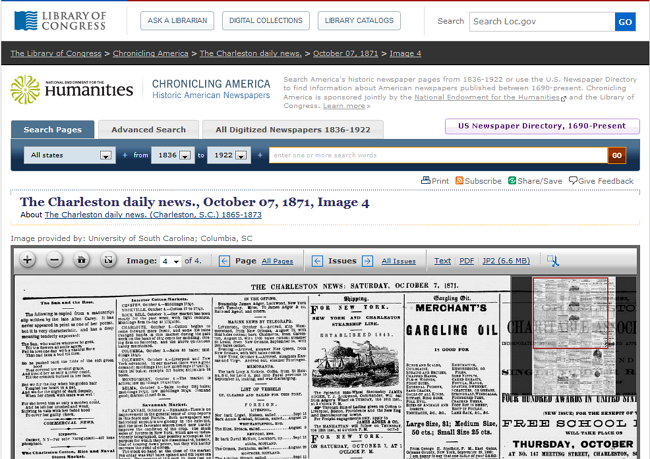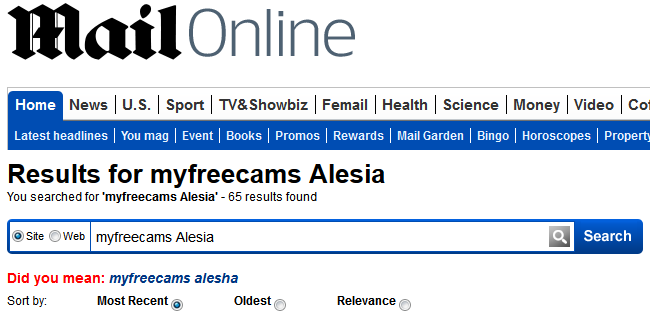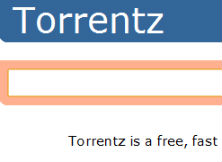Comcast, Verizon and Co. Stop Mass Piracy Lawsuits on Appeal
mercredi 28 mai 2014 à 11:03 Two years ago district court Judge Beryl Howell, a former RIAA lobbyist, granted adult movie company AF Holdings the right to obtain the personal details of more than 1,000 Internet users suspected of downloading their works using BitTorrent.
Two years ago district court Judge Beryl Howell, a former RIAA lobbyist, granted adult movie company AF Holdings the right to obtain the personal details of more than 1,000 Internet users suspected of downloading their works using BitTorrent.
The verdict was a big win for the porn studio and its controversial law firm Prenda, since many other judges had previously rejected joining so many defendants in one lawsuit. The ruling would allow copyright holders to sue large groups of alleged pirates who may have never interacted, or even lived near the district they were being sued in.
The ISPs were not happy with Howell’s ruling and Comcast, Verizon, AT&T, Time Warner and Cox filed an appeal. The providers hoped to reverse the earlier ruling and stop copyright trolls from targeting hundreds of defendants in a single lawsuit.
The ISPs were joined in their efforts by several citizen rights groups including EFF, American Civil Liberties Union and Public Knowledge, who all argued that the mass-lawsuits should be struck down.
Yesterday, nearly two years after the original ruling, Court of Appeals Judge David Tatel finally came to a decision. The verdict is a clear win for the providers and concludes that AF Holdings and Prenda’s mass-lawsuits are an abuse of the judicial process.
“Sometimes individuals seek to manipulate judicial procedures to serve their own improper ends. This case calls upon us to evaluate—and put a stop to—one litigant’s attempt to do just that,” the Judge begins.
One of the issues at stake was that of personal jurisdiction. According to Judge Tatel the evidence made it clear that the porn company had no real intention of pursuing cases again all these defendants, not least because many do not live in the District of Columbia.
“We think it quite obvious that AF Holdings could not possibly have had a good faith belief that it could successfully sue the overwhelming majority of the 1,058 John Doe defendants in this district,” Judge Tatel writes.
“In seeking such information, AF Holdings clearly abused the discovery process,” he adds.
The same reasoning also applies to the issue of venue, with the Judge noting that it’s improper to lump together hundreds of IP-addresses from people scattered all over the country.
Finally, Judge Tatel looked at the joinder issue. While he doesn’t define any clear rules, the verdict makes it clear that adding hundreds of BitTorrent users in one suit because they downloaded the same file is not sufficient. Especially when there’s no indication that they ever exchanged files with each other.
“AF Holdings has provided no reason to think that the Doe defendants it named in this lawsuit were ever participating in the same swarm at the same time. Instead, it has simply set forth snapshots of a precise moment in which each of these 1,058 Does allegedly shared the copyrighted work—snapshots that span a period of nearly five months.”
To illustrate the issue, Judge Tatel uses a blackjack analogy that was brought up by one of the citizens’ rights group counsels.
“To paraphrase an analogy offered by amicus counsel at oral argument, two BitTorrent users who download the same file months apart are like two individuals who play at the same blackjack table at different times. They may have won the same amount of money, employed the same strategy, and perhaps even played with the same dealer, but they have still engaged in entirely separate transactions.”
All in all the ruling makes it clear that the copyright troll tactic of suing hundreds of individuals without showing that they are connected and living in the district they are being sued in, is a no go. While it doesn’t sent any strict rules on when a case is appropriate, and when not, it can be seen as a “crushing blow” for copyright trolls.
Most importantly is that the Internet providers, and the various groups that joined the case, have prevented worse. If the previous ruling would have held up copyright trolling would have been made much easier and more lucrative than it is today.
Source: TorrentFreak, for the latest info on copyright, file-sharing and anonymous VPN services.







